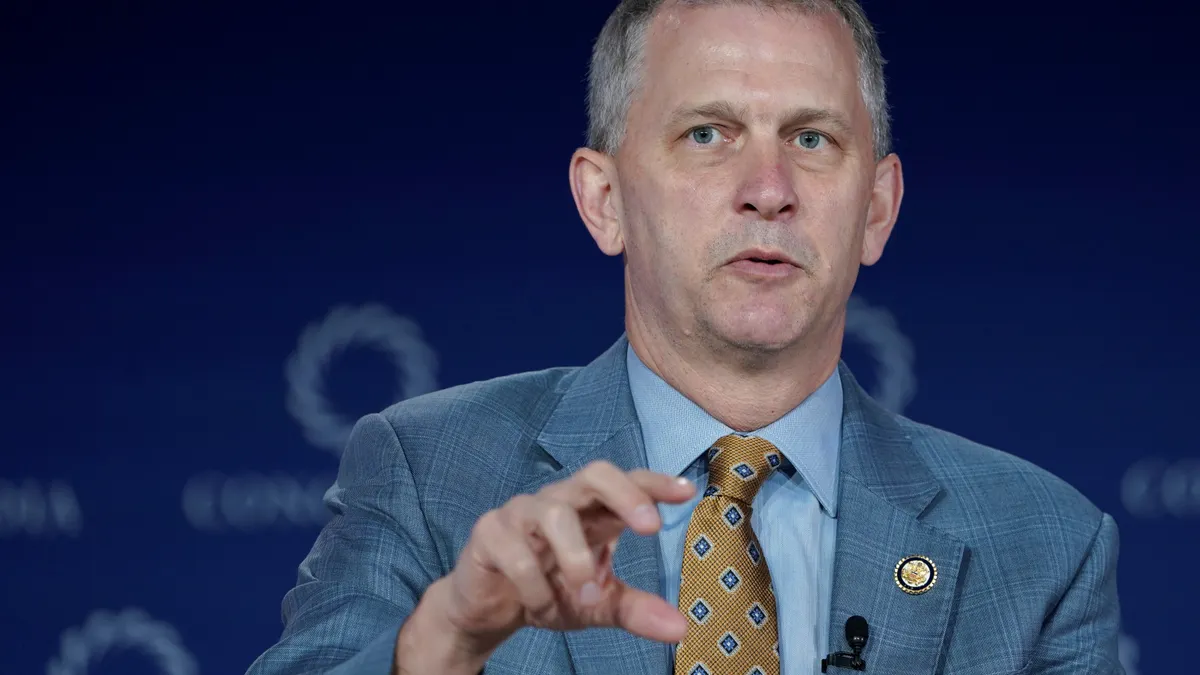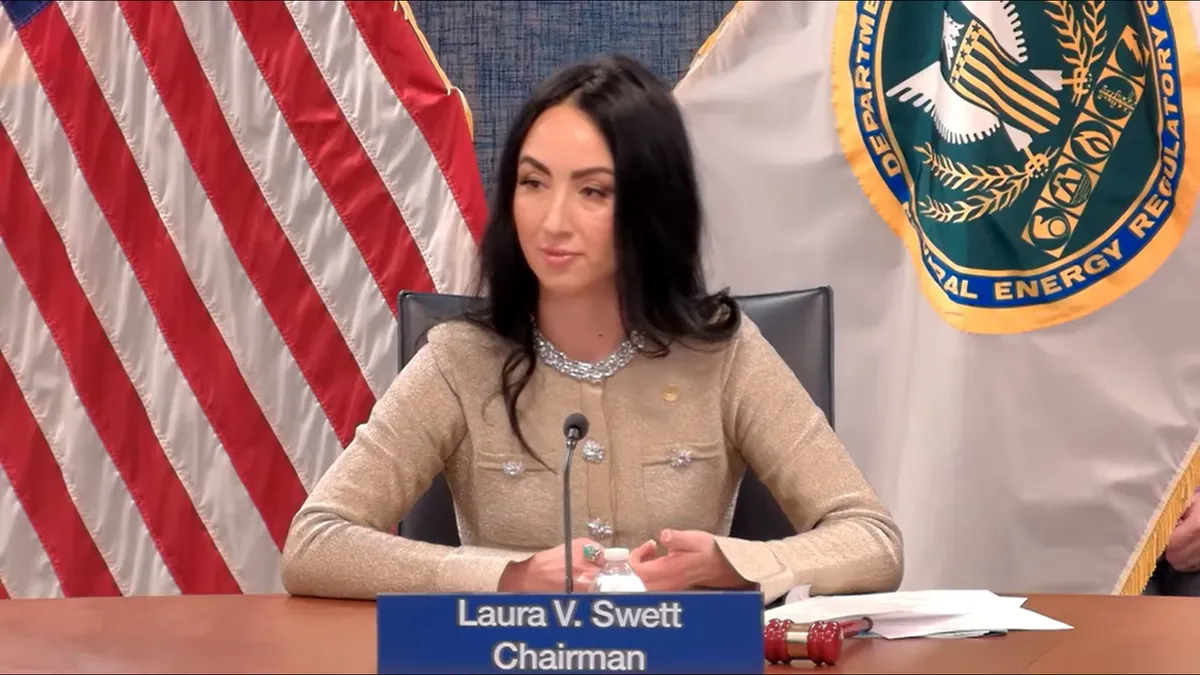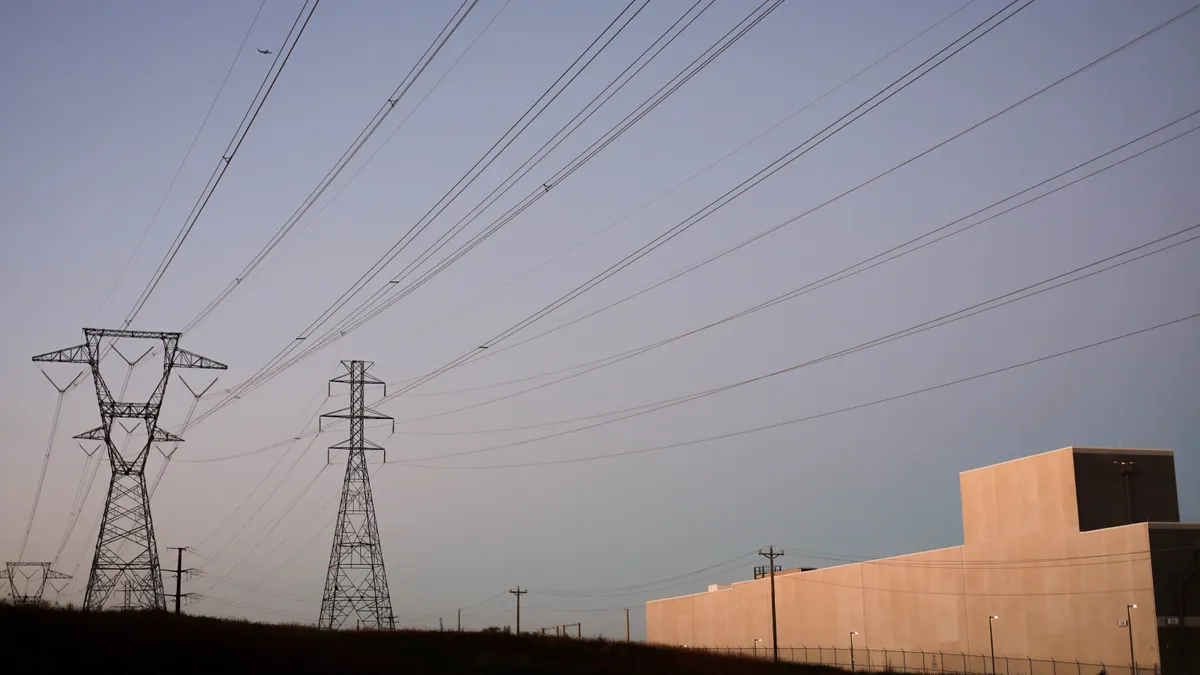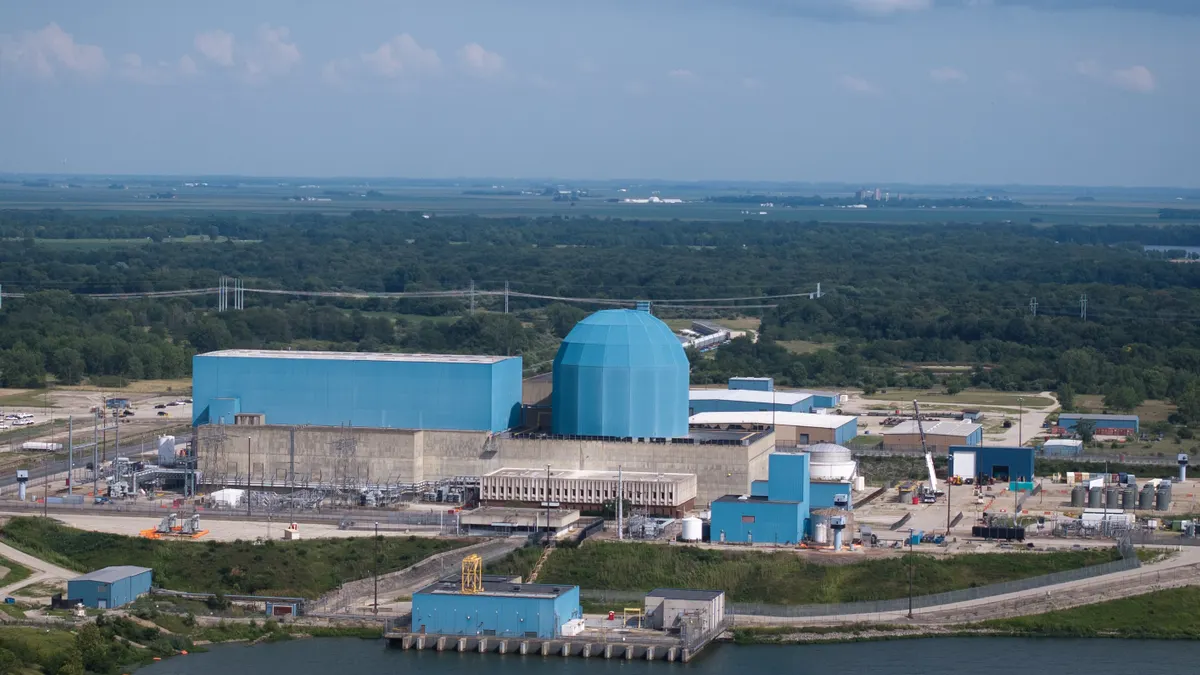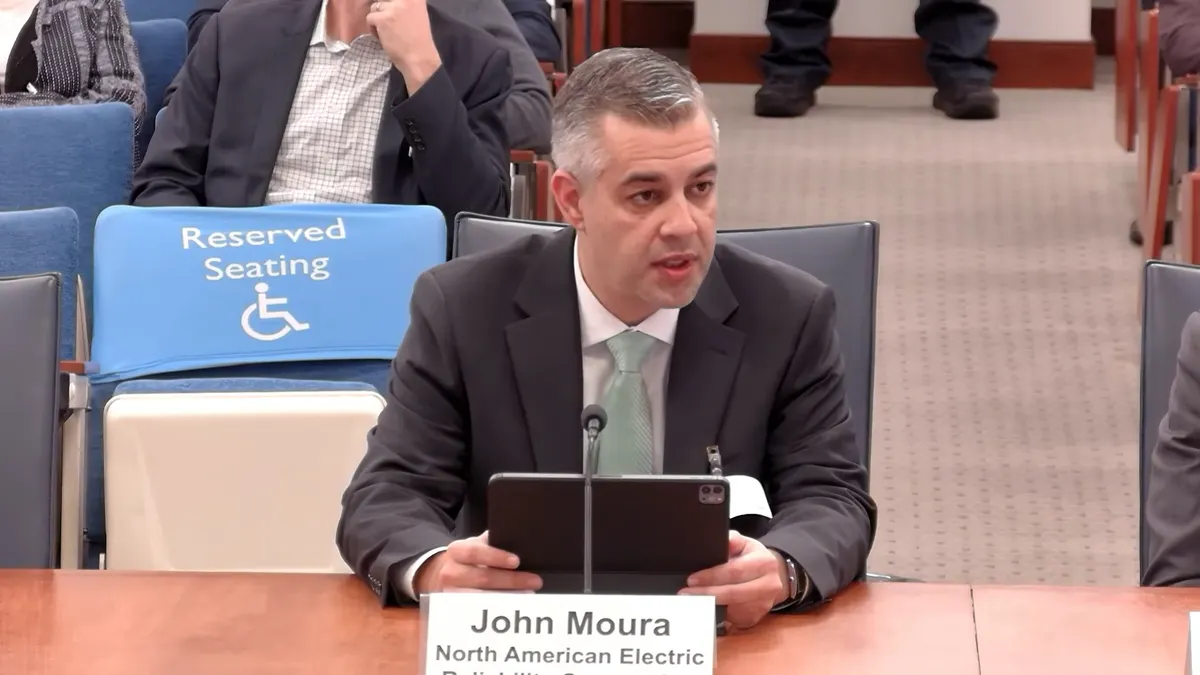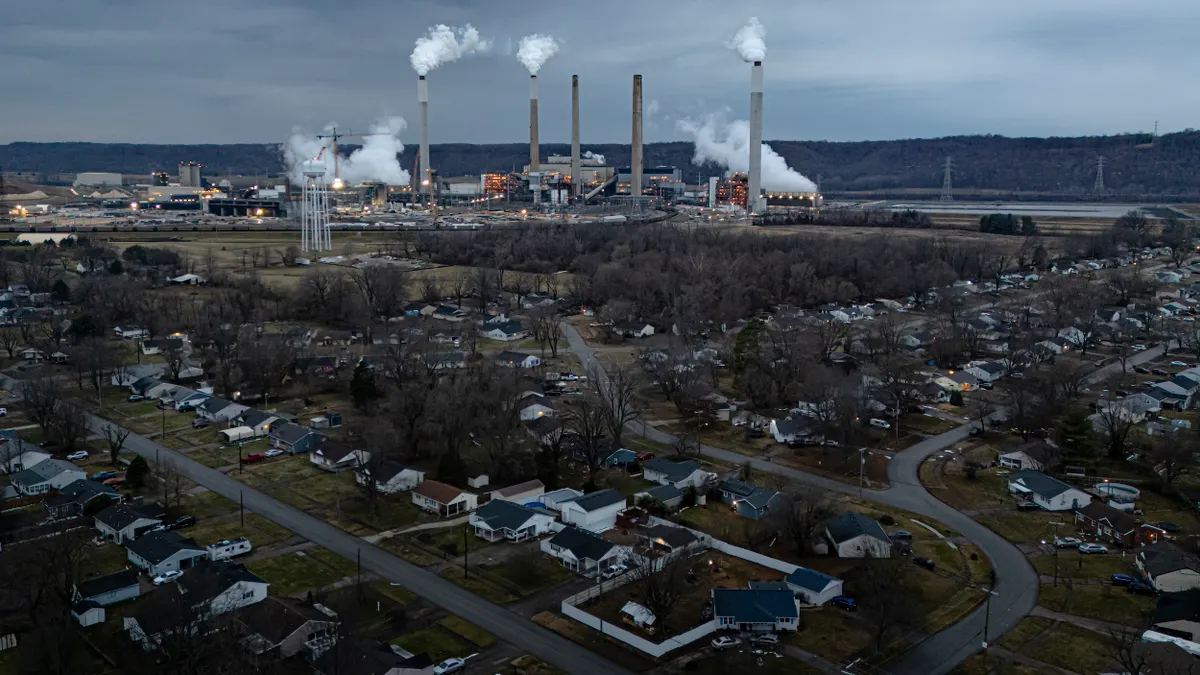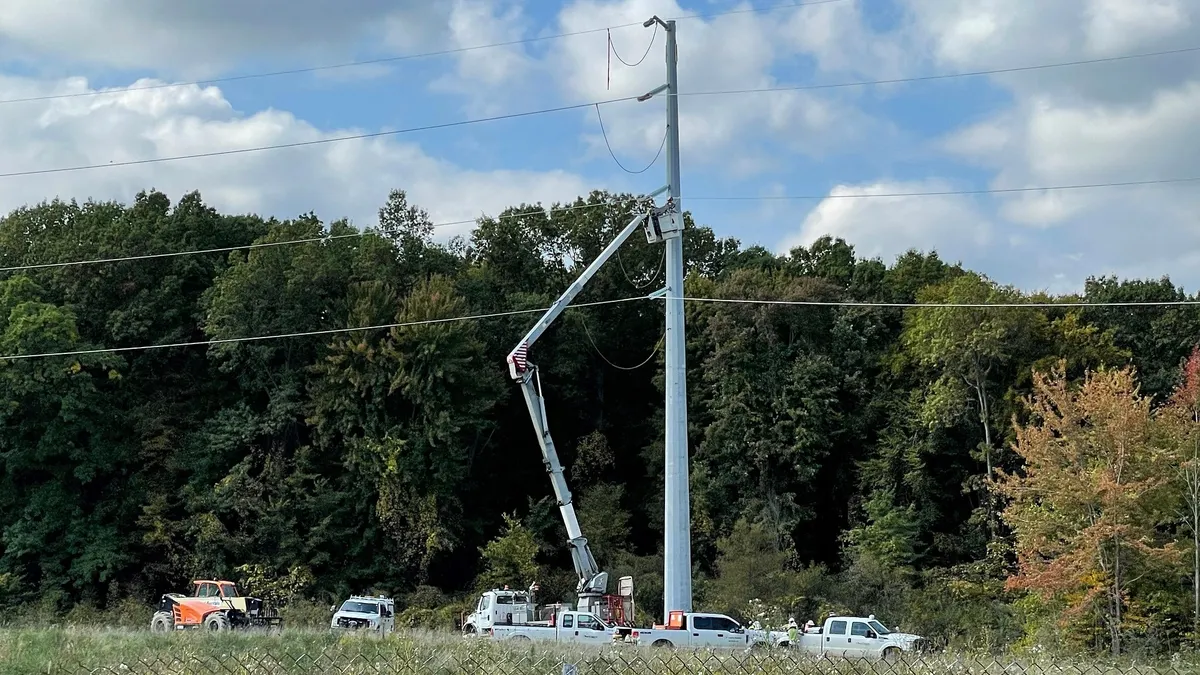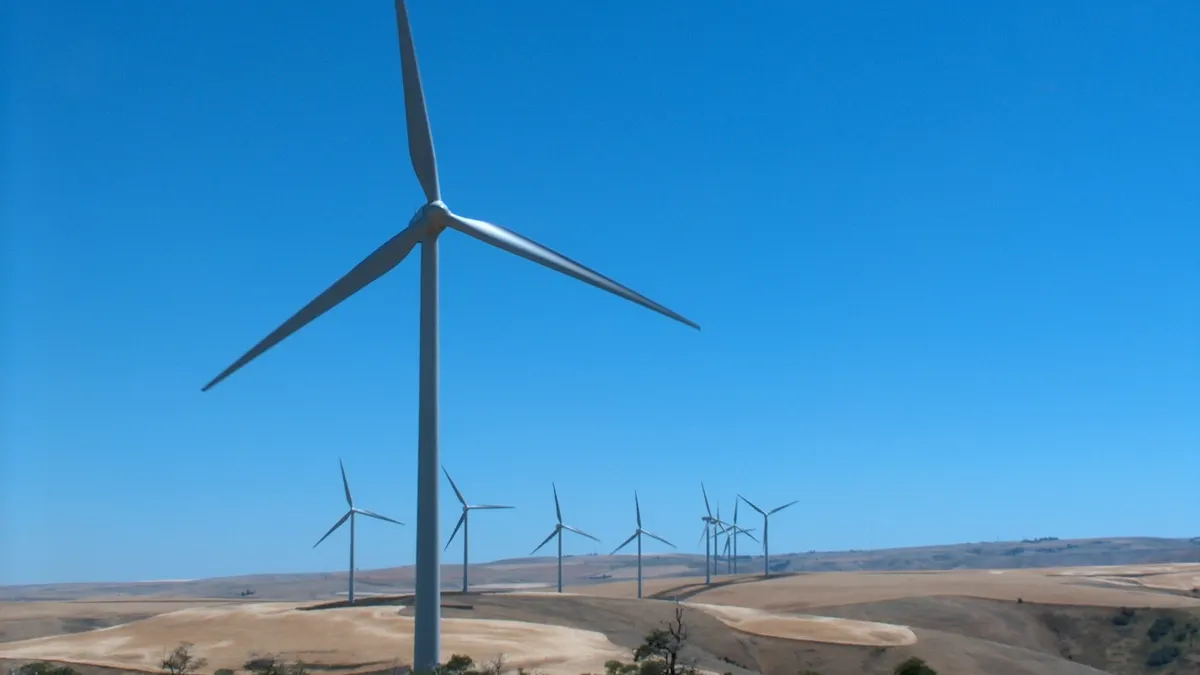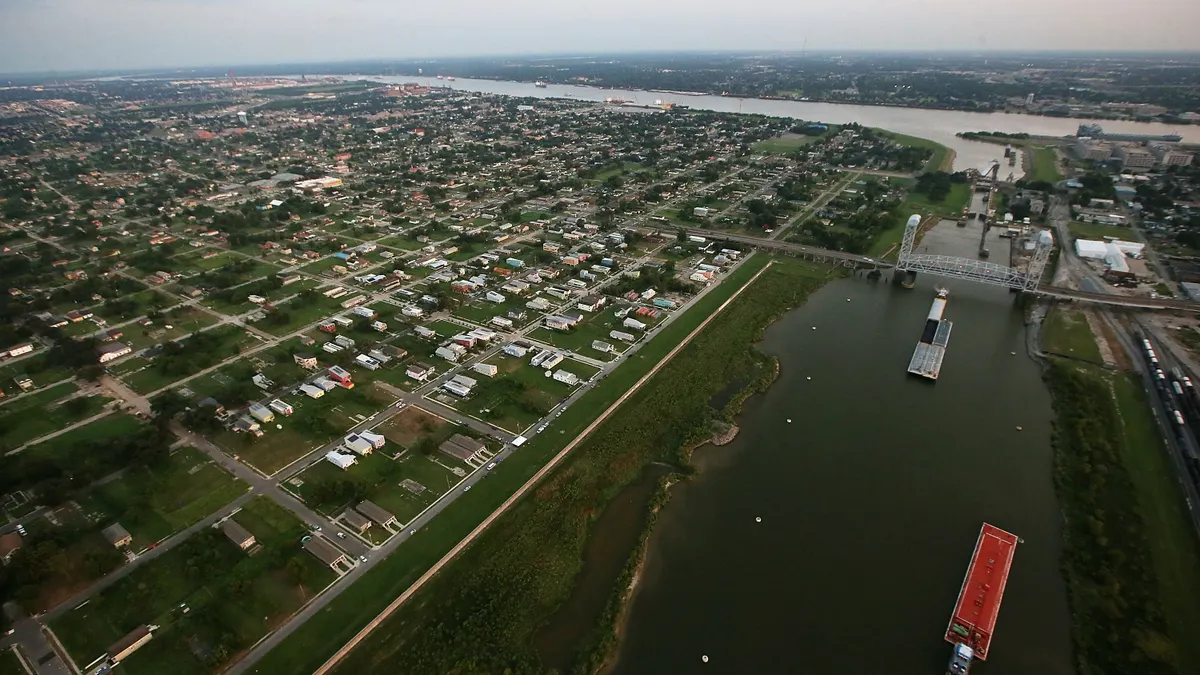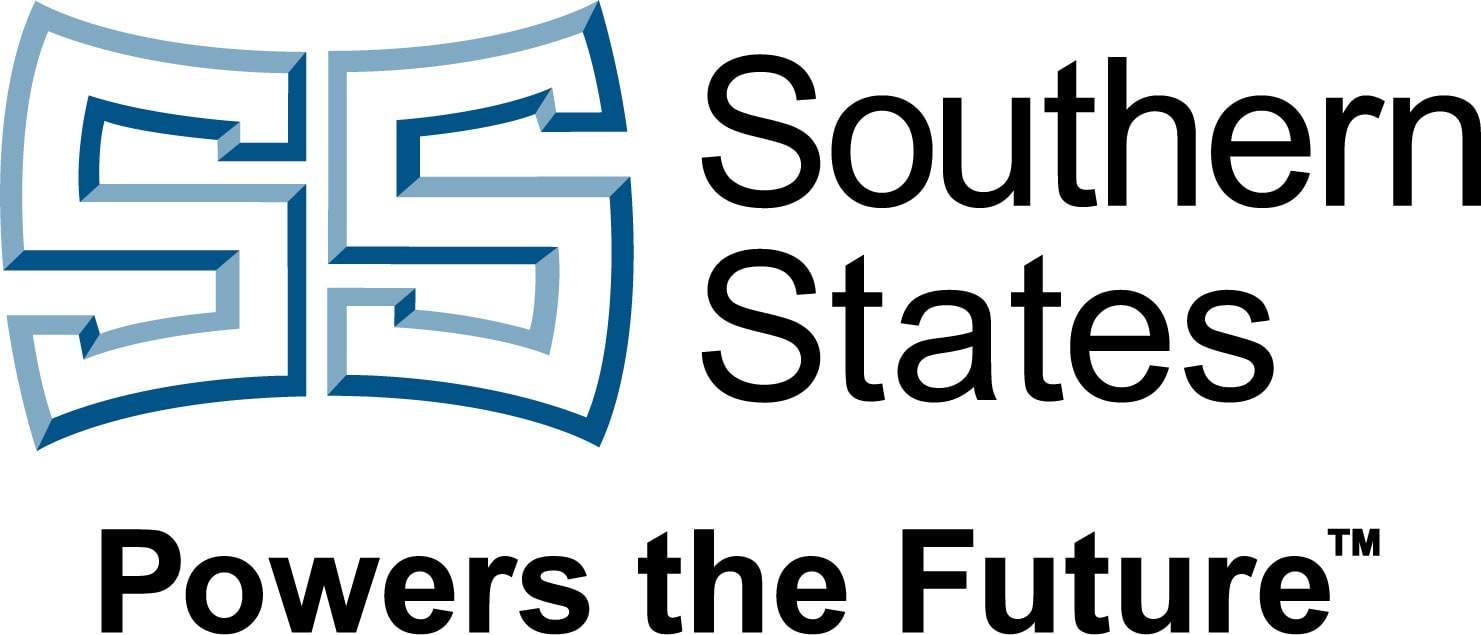Democratic Reps. Sean Casten of Illinois and Mike Levin from California are preparing to introduce sweeping energy legislation that would reverse Trump administration policies, including by restoring clean energy tax credits and limiting the U.S. Department of Energy’s ability to declare “energy emergencies” to keep fossil-fueled power plants from retiring.
The Trump administration is driving up the cost of electricity by creating barriers to clean energy investment to support higher-cost fossil fuel sectors, according to Casten.
“You've now got this surging demand [from data centers and other loads] — and particularly if we're not going to have an administration that's going to encourage competitive markets — then that means that the only people who are going to be able to build stuff are regulated utilities with mandatory capital amortization and so it's very hard to see anything but upward pressure on electric prices,” Casten said Monday in an interview.
The draft Cheap Energy Act aims to put downward pressure on electricity bills by bolstering energy efficiency efforts, supporting grid-enhancing technologies and helping provide lower-cost renewable energy projects access to the grid, according to Casten.
One section of the legislation would increase oversight of regional transmission organizations.
“Everybody in the electric regulatory world, including lots of [Federal Energy Regulatory Commission] commissioners … and frankly a lot of utility executives, knows that there's a massive governance problem in the RTO space,” Casten said. Governors in the PJM Interconnection footprint, for example, are pressing for a role in the RTO’s decisionmaking.
Provisions in the bill would require FERC to reform the governance and stakeholder participation practices of RTOs and independent system operators, according to a summary of the draft bill. They would also require independent transmission monitors to facilitate the cost-effective construction of transmission.
Partly, those provisions would make it easier for outsiders to understand whether an RTO is making decisions to benefit consumers or to benefit incumbent transmission owners, according to Casten.
About 95% of all new transmission is built for grid reliability, and less than 5% is to reduce costs, Casten said.
“That makes complete sense if you assume that the transmission organizations are making decisions about their own economic interests,” Casten said. “It makes no sense at all if you assume that they're prioritizing the interests of their consumers.”
Other provisions in the legislation would:
- Direct FERC to increase the effectiveness of the planning processes for interregional transmission;
- Establish a 30% investment tax credit for transmission lines that meet certain requirements;
- Require FERC to establish a shared savings program so FERC-regulated transmission owners are rewarded for providing verified cost savings to consumers;
- Require retail electric and gas utilities to achieve energy efficiency savings of 22% and 14%, respectively, by 2039; and,
- Authorize $2.1 billion to address the shortage of electricity transformers and complementary grid security technologies.
Although Republicans control Congress, Casten said he wants the legislation ready to go in case an opportunity opens up to move it.
“You never know when you're going to have a window in Congress,” he said. The last time there was a possible window was when former Sen. Joe Manchin, I-W.V., developed a permitting reform bill in 2024 with Sen. John Barrasso, R-Wyo. The bill failed to pass the Senate.
Casten said he wants Republican co-sponsors on the bill, but Republican leadership — House Speaker Mike Johnson of Louisiana and Senate Majority Leader John Thune from South Dakota — come from states with major oil and gas operations, and they want to keep fossil fuel prices higher.
“So you've seen within the Trump administration, within the bills coming out of this Congress, basically anti-competitive rules,” Casten said. “Let's block the Grain Belt Express line from getting its loan guarantee because that would have the practical effect of bringing cheap power from the Plains states into more congested urban areas in the center of the country. Let's block the Revolution Wind project from coming online because that would bring zero marginal cost power into New England markets and displace natural gas.”
Casten said he met with bankers and investors during Climate Week in New York last week who told him that the stop-work order on the 80%-built offshore Revolution Wind project meant “you should think twice about making any significant capital investment in the United States as long as Trump is in the White House.”
The Trump administration is “bending over backwards” to limit the ability of technologies like electric vehicles from reaching markets, according to Casten.
Casten scoffed at the Trump administration’s effort on Monday to support the coal sector with $625 million in funding from the U.S. Department of Energy.
“[Trump’s] out there now, having the Secretary of Energy saying, ‘I've got this technology that's lost 50% of its market share since the 1990s and I'm really sad about that, so can you please do everything you can to make people buy something they don't want?’” Casten said. “I'm not talking about video cassette recorders. I'm talking about coal.”
The trend away from coal-fired generation started because investors wanted to invest in technologies that had no marginal operating costs so they could make more money in a broader range of future energy price environments, Casten said.
“The markets are building that because it is the cheaper stuff,” he said.



